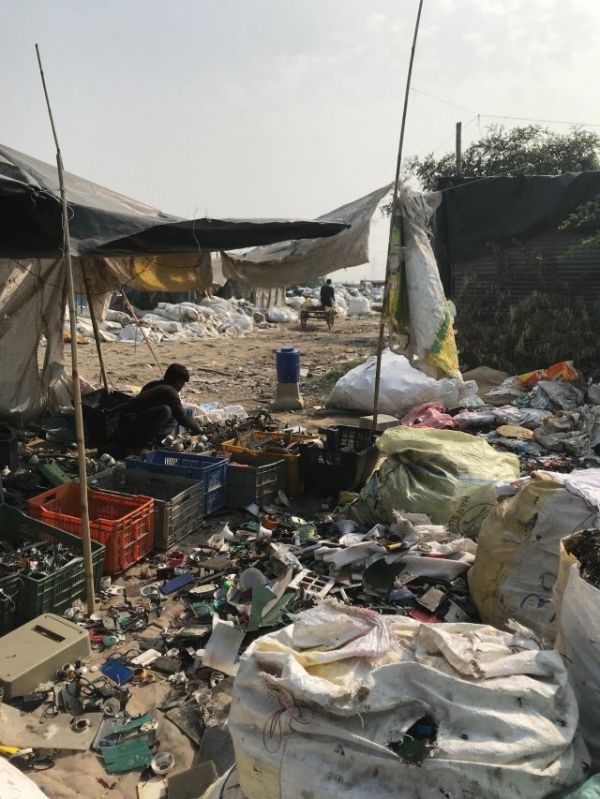Background:
Phasing out plastic would be an endeavor of titanic proportions given the pervasive use of plastic in contemporary lifestyles, food packaging, construction, and manufacturing. Also necessary are measures to address the root problem, including public education, circular product design, and proper waste-management processes and infrastructures. It will probably take decades to make this transition, but immediate action is needed to curb plastic pollution and its impacts on the oceans and humanity.
Possible solution:
Informal waste pickers and handlers across the world are estimated to be in the order of tens of millions. This often-overlooked workforce can play a significant role in limiting releases of plastic to the environment. Informal waste handlers (i.e., workers operating outside any protective labor-law framework) are among the most vulnerable groups given that waste picking is often a last resort for marginalized urban residents and migrants escaping conflicts or unsustainable conditions. This is a sector that often indiscriminately welcomes some of the poorest men, women, and children on the planet. Empowering this workforce is arguably among the most direct, immediate, and effective ways to dam the global flow of plastic to rivers and oceans while simultaneously providing critical job opportunities.
Continue reading at Norwegian Institute for Water Research
Image via Norwegian Institute for Water Research


